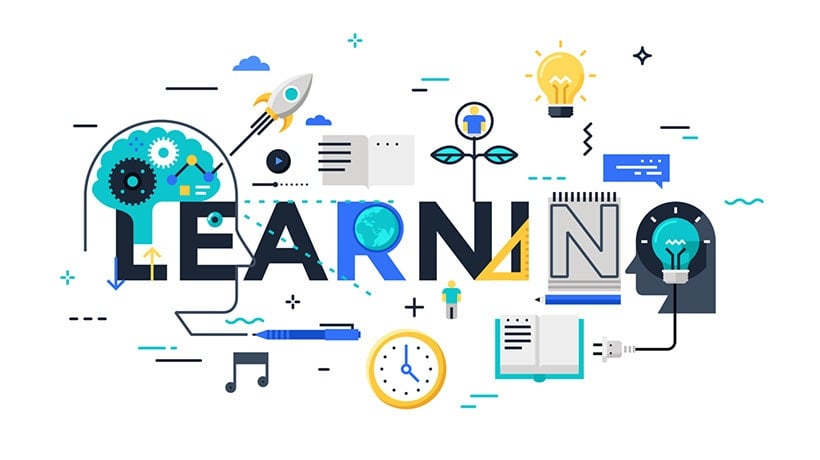【4】Learning
⭐Learning is the lasting change in behavior/mental process as the result of an experience
- not a simple reflex
- learning regarding mental processes in much harder to observe and study
- 2 types: simple and complex
Simple Learning
Habituation - learning to not respond to a reoccurring stimulus
Mere Exposure Effect - a learned preference for stimuli to which we have been previously exposed to (ex. a baby with its parents voices)
Complex Learning
behavior learning - stimuli creates responses
Classical Conditioning - when a previously neutral stimulus is learned to elicit a similar feeling to another stimulus which becomes an involuntary reflex
/2794859-article-classical-conditioning-5ac50cc9c5542e0037d54692.png) |
| Ivan Pavlov's experiment on classical conditioning |
⭐There are 5 components in classical conditioning
- unconditioned stimulus - makes a reflexive response without conditioning or learning
- unconditioned response - from UCS without prior learning
- conditioned stimulus - originally neutral, now causes UCR from its UCS
- conditioned response - elicited by previously neutral stimulus that has become associated with UCS
acquisition - learning stage during which a CR becomes elicited by CS; when a neutral stimulus is paired with a UCS
extinction - diminishing of a learned response when UCS doesn't follow CS; doesn't completely eliminate the response
When the connection between UCS and CS weakens, this behavior is unlearned
discrimination - the ability to distinguish between 2 similar stimuli
Operant Conditioning - learning in which the probability of a response is changed by its consequences/stimuli that follows the response
ex. teaching a dog to sit and roll over (voluntary actions) and rewarding it with a
treat
B.F. Skinner studied behaviorism and operant conditioning with rats
Law of Effect - responses that produced desirable results would be learned ("stamped") into the organism
Reinforcer - condition when showing or removing a stimulus; comes after a response and makes that behavior more likely to happen
- positive reinforcement - stimulus shown after a response that increases the chance of that response happening again
- ex. you get extra allowance because you got a 100 on your test
- negative reinforcement - removing unpleasant stimulus that increases the chance of a response happening again
- ex. putting on your seatbelt to stop your car from beeping
Punishment - disliked stimulus which occurs after a behavior and decreases the chance it will happen again
- positive punishment - unpleasant stimulus presented after a response that decreases probability of that response happening again
- ex. getting grounded by your parents for staying out past curfew
- negative punishment - removal of pleasant stimulus that decreases the chance of that response from happening again
- ex. your phone is taken up by your parents for misbehaving
*in these four cases, positive means add/apply and negative means subtract/remove
Reinforcement Schedules
continuous reinforcement - when all correct responses are reinforced; for early learning and shaping new behavior
shaping - technique where a new behavior is made by reinforcing responses that are similar to the desired response
intermittent reinforcement - when only some correct responses are reinforced; awards are spaced out; most effective way to maintain a learned behavior
interval schedule - rewards after a certain time interval
ratio schedule - rewards after a number of correct responses
4 Types of Reinforcement schedules
- fixed interval schedule - rewards a learner for the first correct response after a defined period of time
- ex. a weekly paycheck
- variable interval schedule - rewards a correct response after a random amount of time
- ex. pop quizzes, random bonuses
- fixed ratio schedule - rewards a response only after a defined number of correct answers
- ex. you buy 5 of x, you'll get a 6th x for free
- variable ratio schedule - rewards an unpredictable number of correct responses
- ex. most video games, the lottery


Comments
Post a Comment